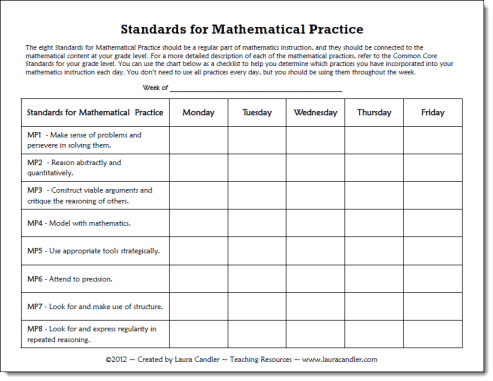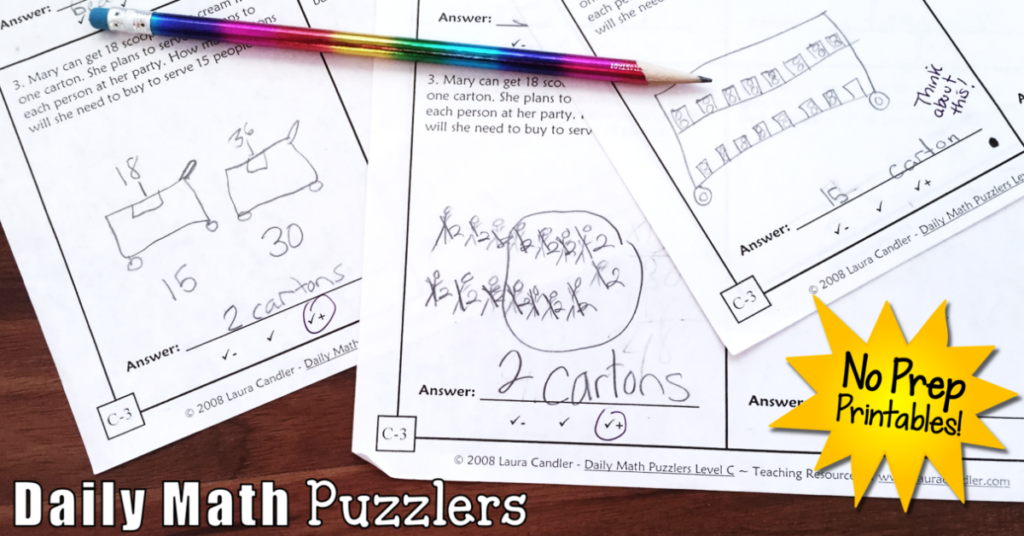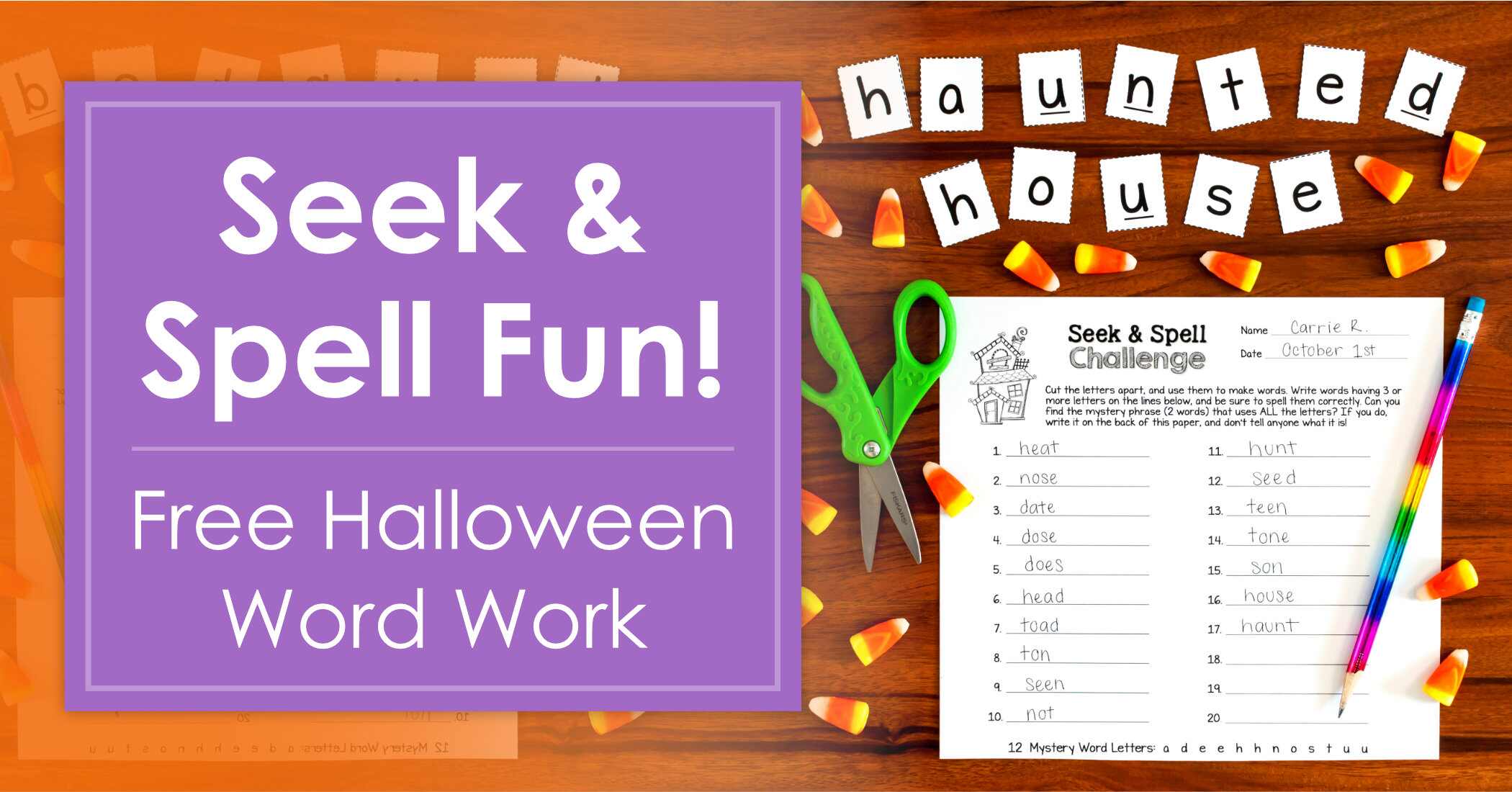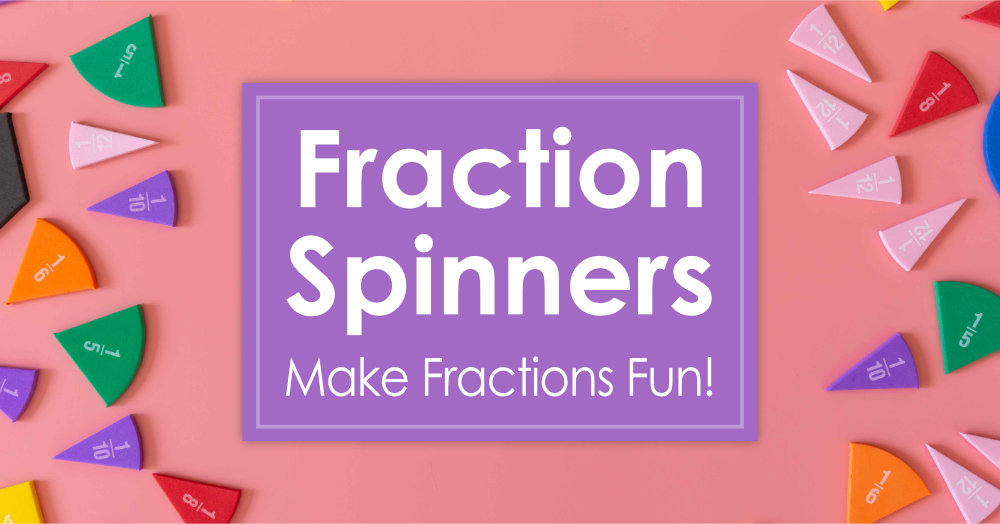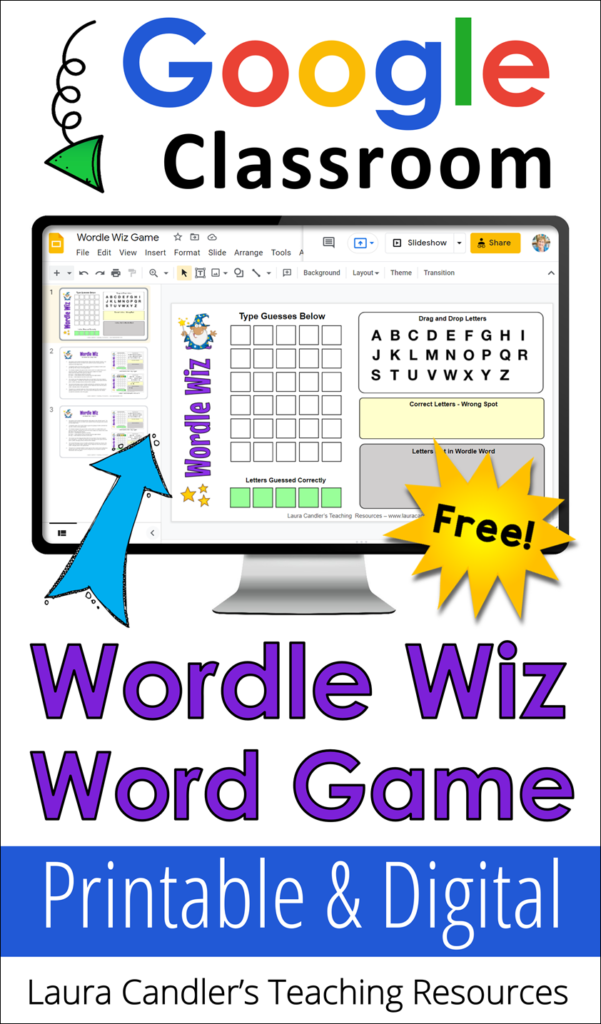Daily problem solving is a highly effective way to help your students master the Common Core mathematical practice standards. Fortunately, when you have a plan in place, it can also be the easiest way to motivate your students to become proficient problem-solvers.
I’ve always recognized the importance of daily math problem solving, but in the early years of my teaching career, I struggled with how to incorporate this practice into an already-packed curriculum. I finally developed an easy plan that takes just ten or fifteen minutes a day, and this practice actually motivated my students to love solving problems! I called this method the Daily Math Puzzler program, and began sharing the strategies with other educators. Recently, several teachers have asked me if my Daily Math Puzzler program is aligned with the Common Core. The answer is a resounding YES, which is easy to justify when you take a look at how the Common Core Math Standards are organized.
Mathematical Practice Standards
The Common Core Math Standards are divided into “content” and “process” standards. The mathematical practice standards describe “how,” and the content standards describe “what” in math instruction. Much attention has been given to the content standards, so it’s easy to overlook those all-important mathematical practices. Yet those practices are at the heart of good mathematics instruction.
Because it’s easy to forget about the practices, I created the Standards for Mathematical Practices chart shown below to use as a checklist to be sure that you are addressing these important areas throughout the week. Print it out and keep it in your lesson plan book. As you plan each math lesson, review the eight Standards for Mathematical Practice to determine which standards you can incorporate into each lesson.
Daily Math Puzzlers and the Common Core
Each of the four leveled books in the Daily Math Puzzler program includes a variety of word problems integrating different content areas across the various mathematical domains. Because these books are not specific to a particular grade level, it would be impossible to align them with the Common Core Math Content Standards. When students solve problems, they need to integrate content from previous grade levels, so it wouldn’t really make sense to align the books with one grade.
However, the entire Daily Math Puzzler program IS compatible with the Standards for Mathematical Practice, which is the “how” of mathematics instruction. These eight standards can only be addressed by having students solve math problems on a regular basis, use mathematical tools, and discuss their thinking and reasoning with others. If you download the Standards for Mathematical Practices chart above, you’ll see that they range from “Making sense of problems and persevering in solving them,” to “Look for and express regularity in repeated reasoning.” All eight practices can be integrated into math instruction when you have a daily problem solving program in place.
All four of the Daily Math Puzzler books are included in my Math Problem Solving Bundle, along with Math Mindset Challenges and a Math Problem Solving Webinar. Click here to preview the entire bundle on TpT.
Problem Solving Assessment Freebie
Before you begin a problem solving program, it’s a good idea to assess your students to determine how they solve problems. You’ll find this free Problem Solving Assessment packet to be really helpful because each page of the assessment requires students to show their work. You can also require students to explain their answers in writing if you want to gain a more complete understanding of their thought processes. If you’d like to use these assessments in your own classroom, click the link below, fill out the form, and I’ll send them to you for free!
Sign up HERE and I’ll send this freebie to you!
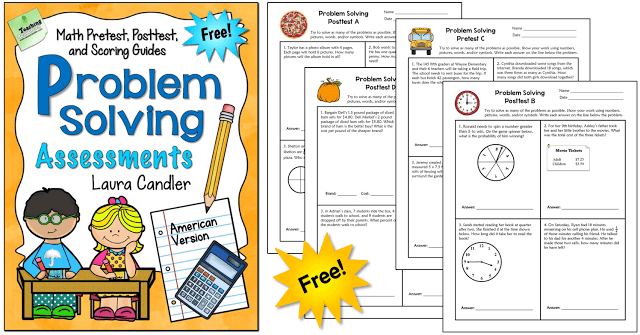
The Common Core State Standards have raised the bar for all students in mathematics, and incorporating math problems into your instruction on a daily basis is one of the best way to ensure success with word problems.


